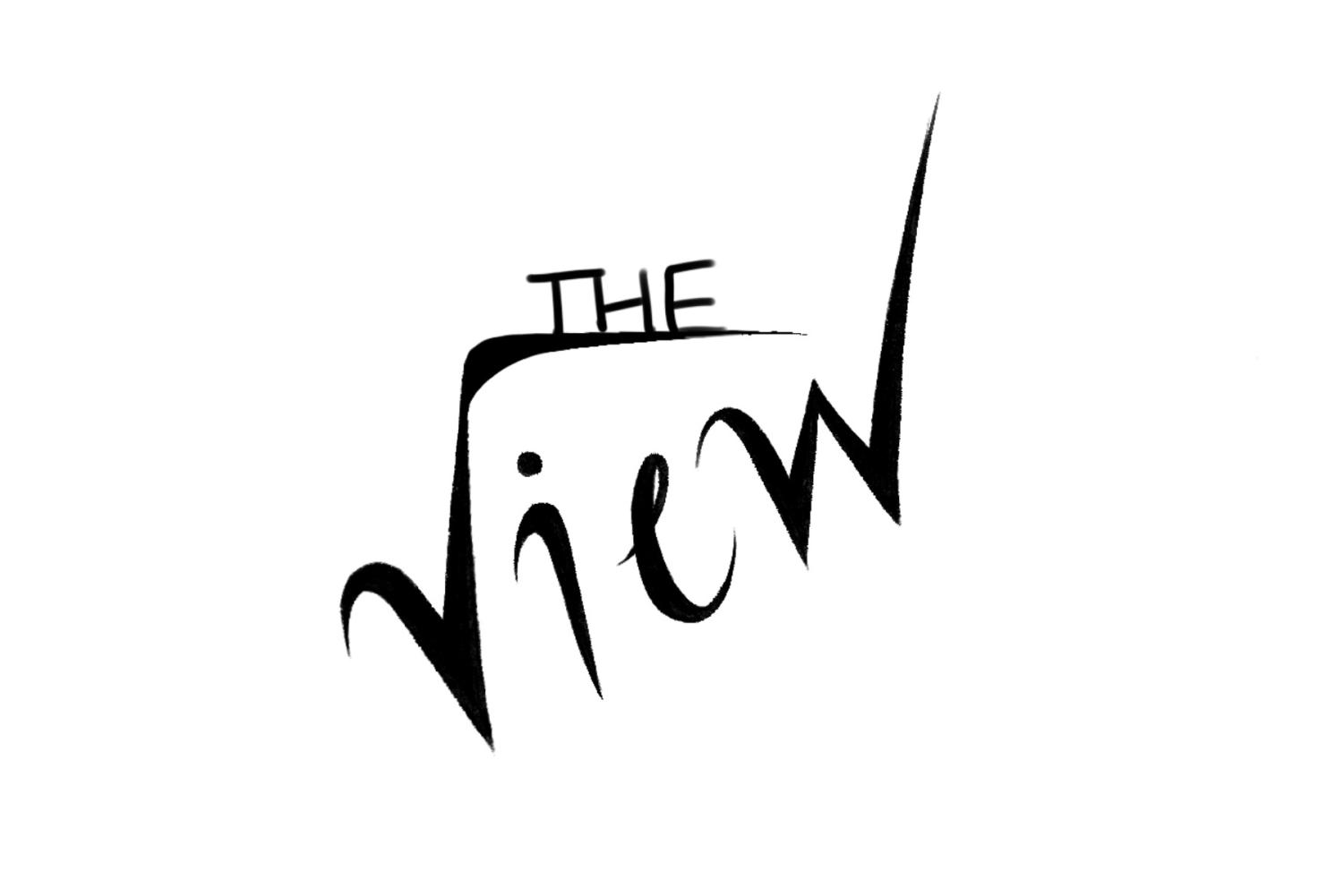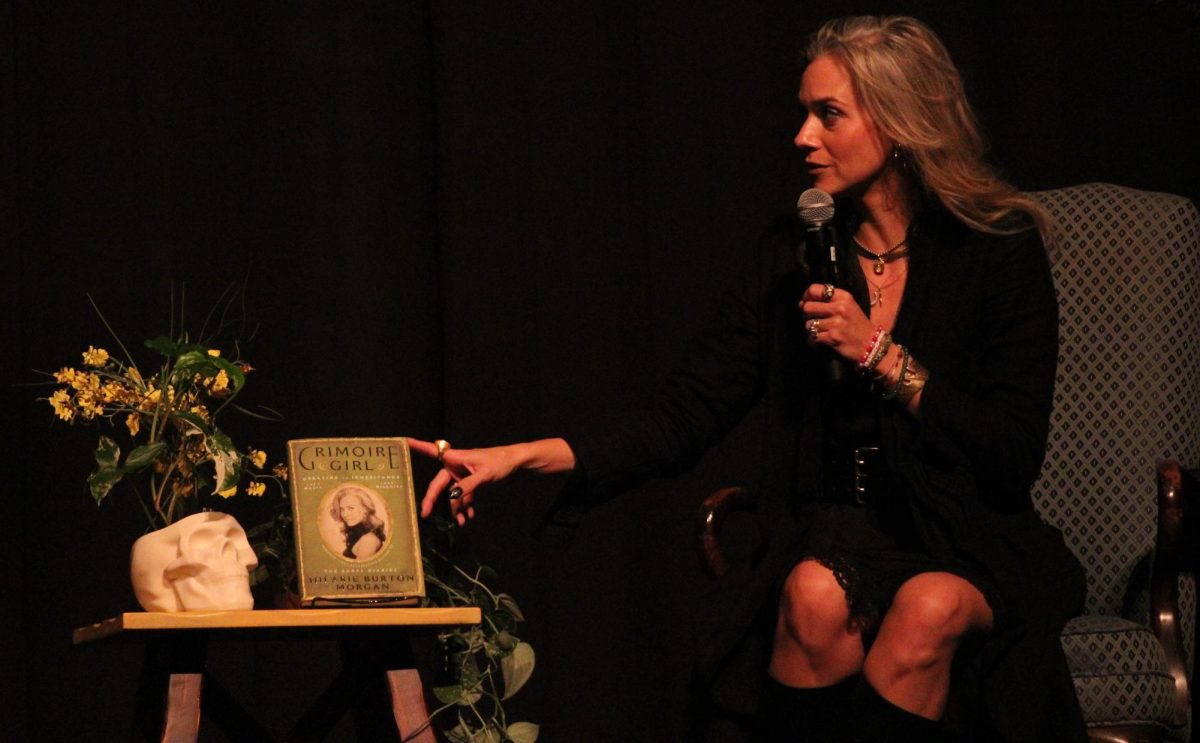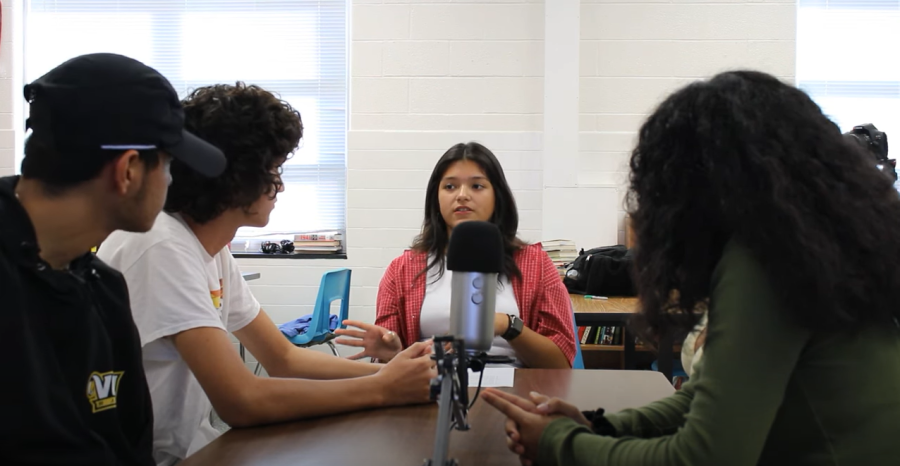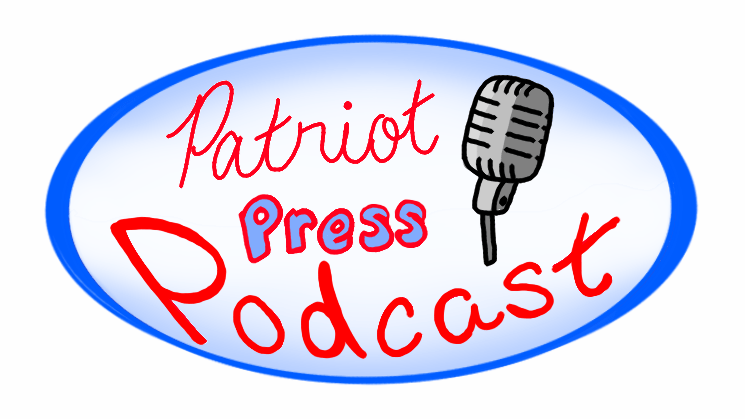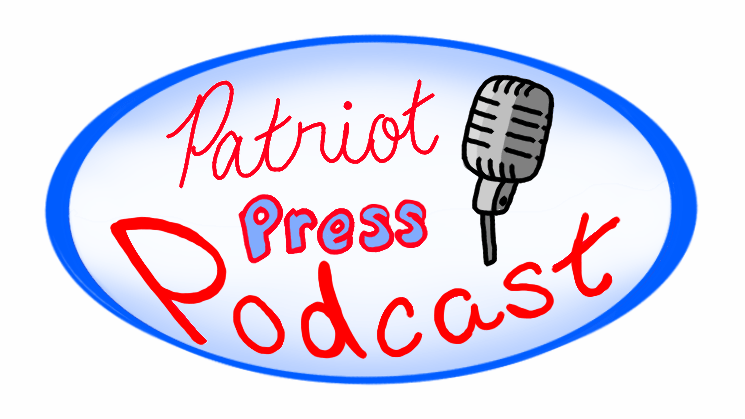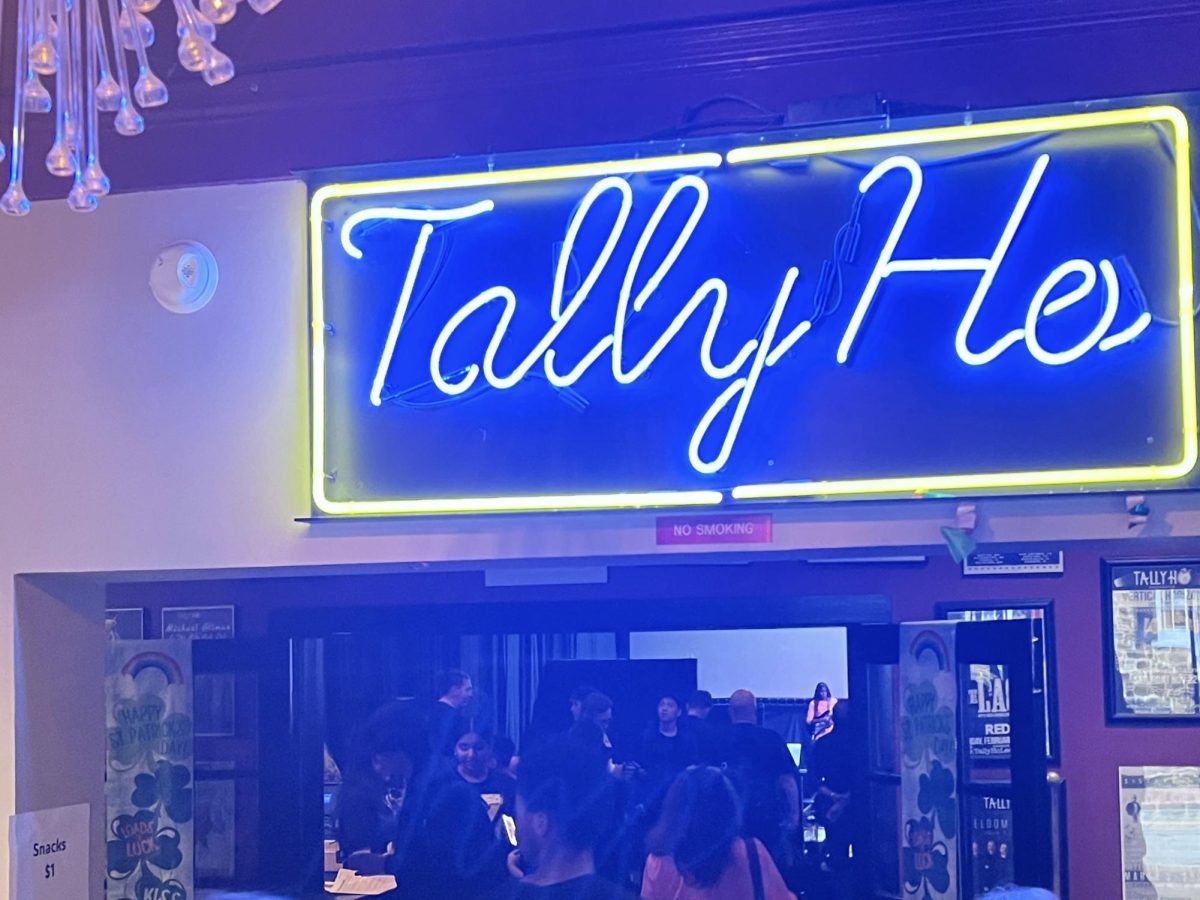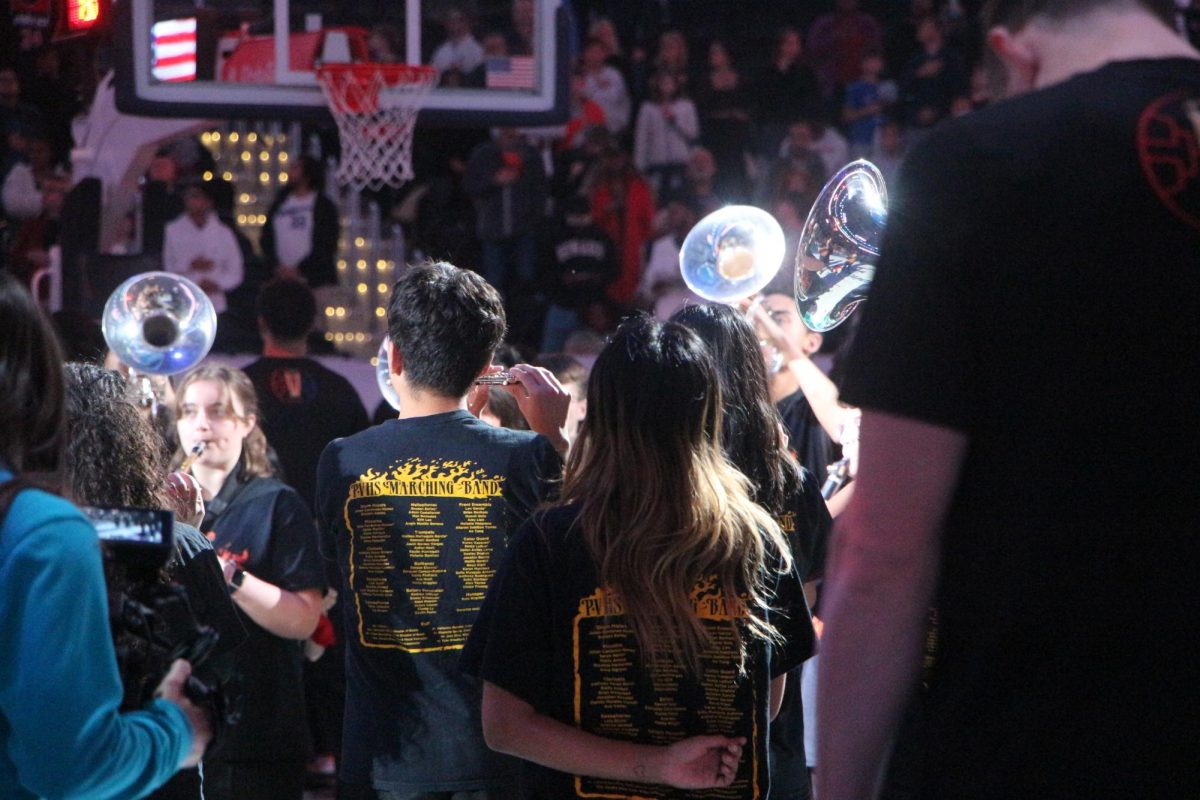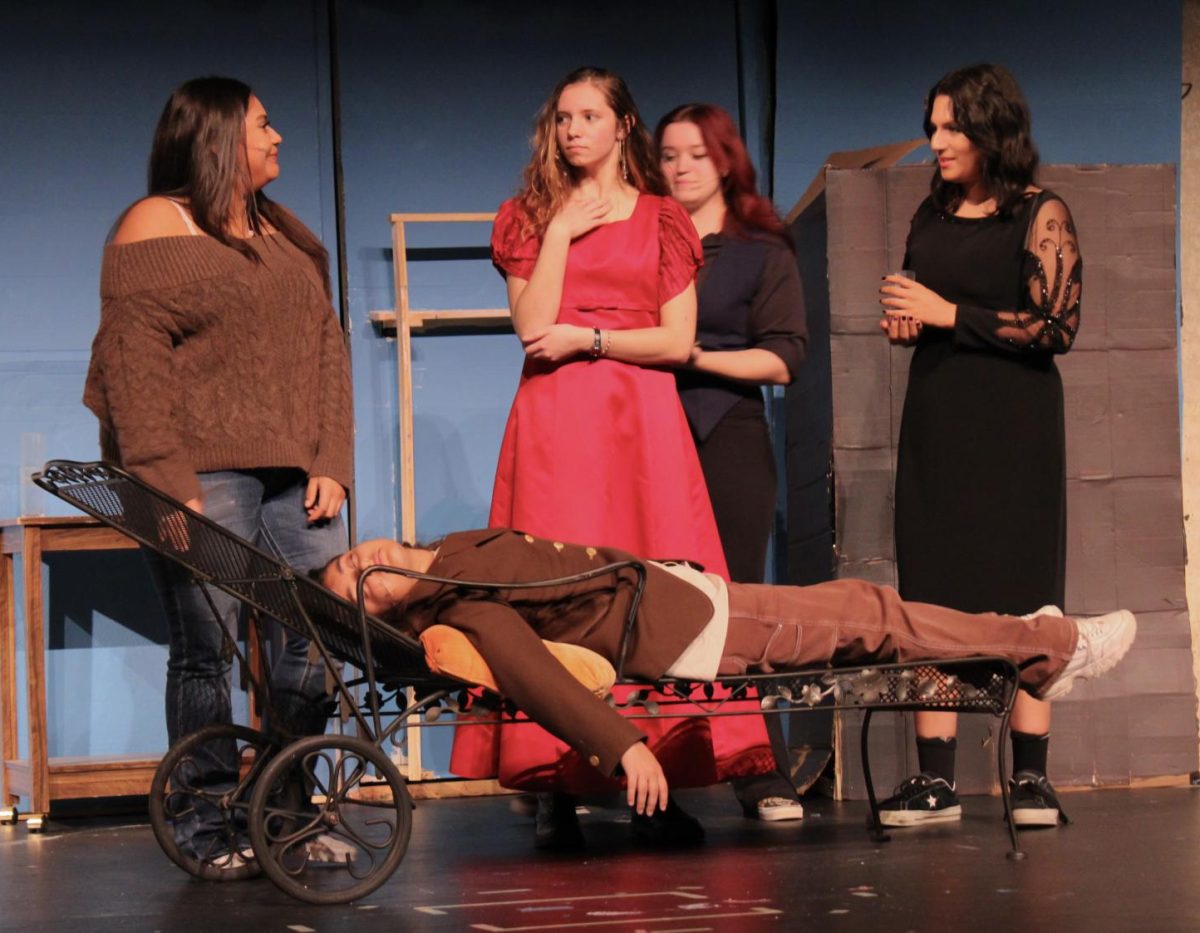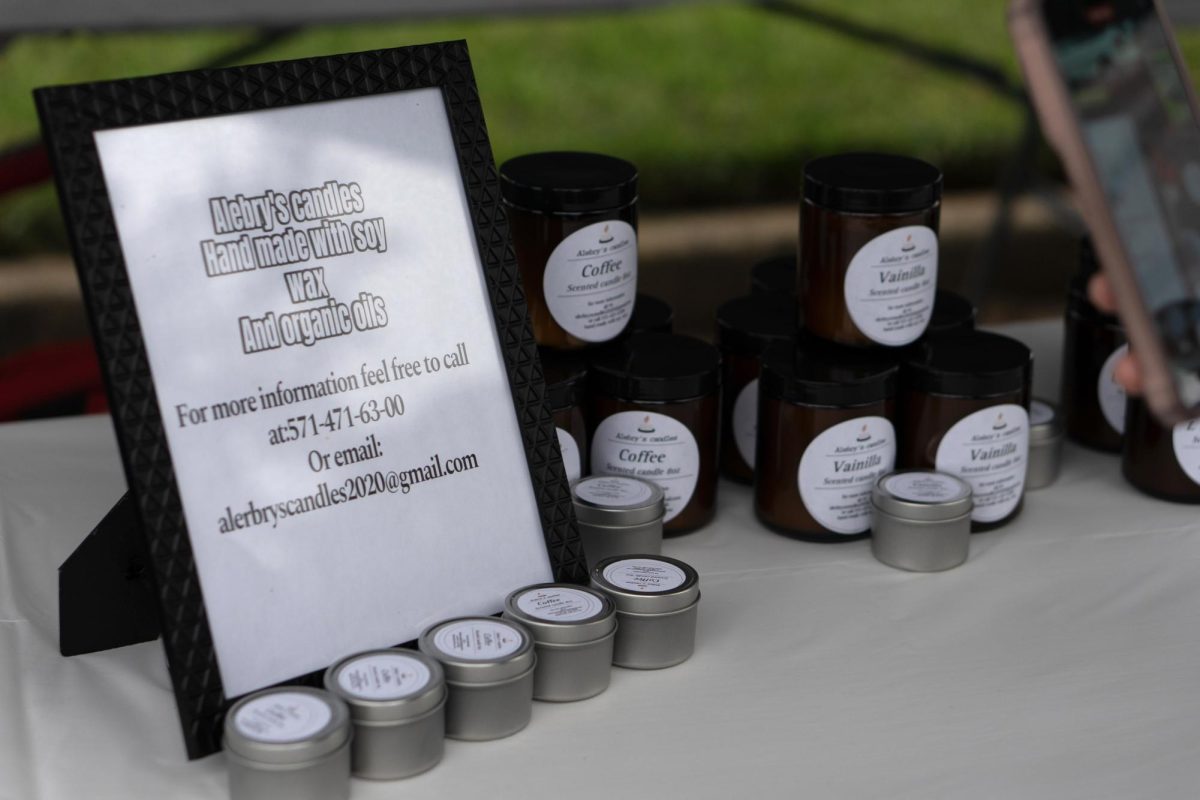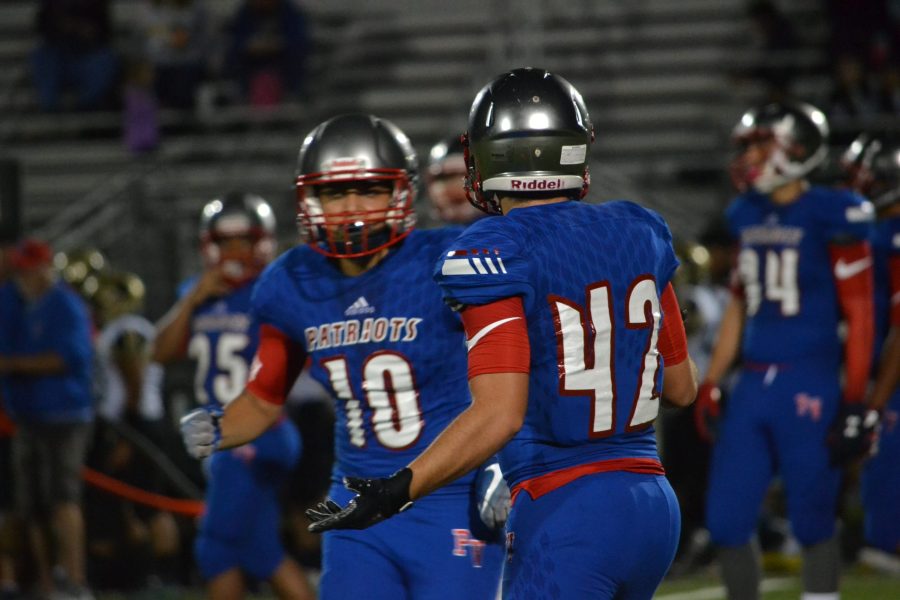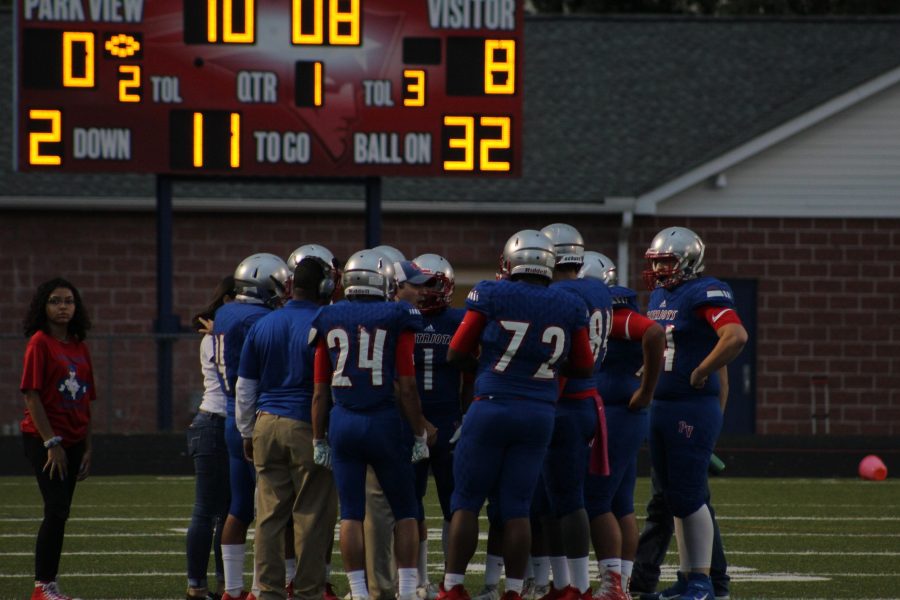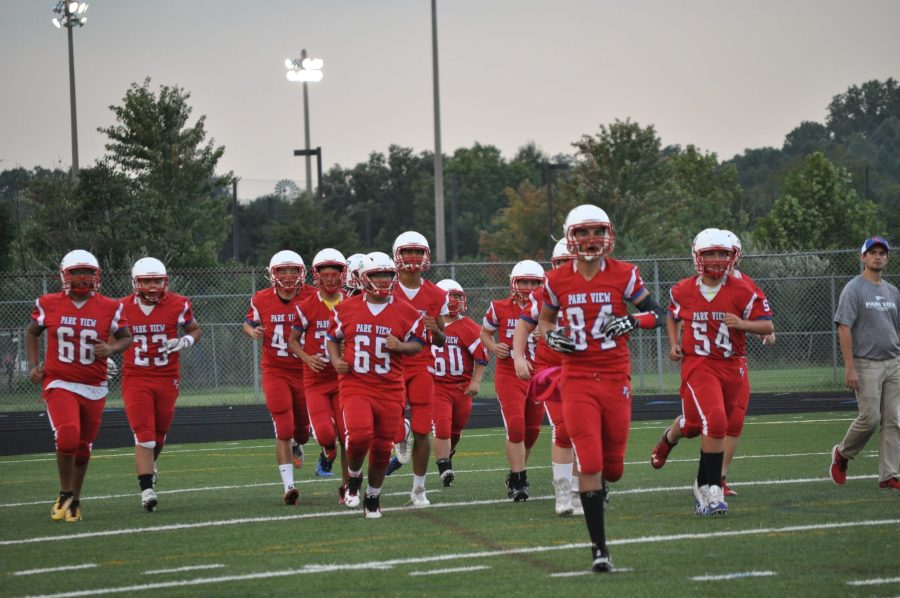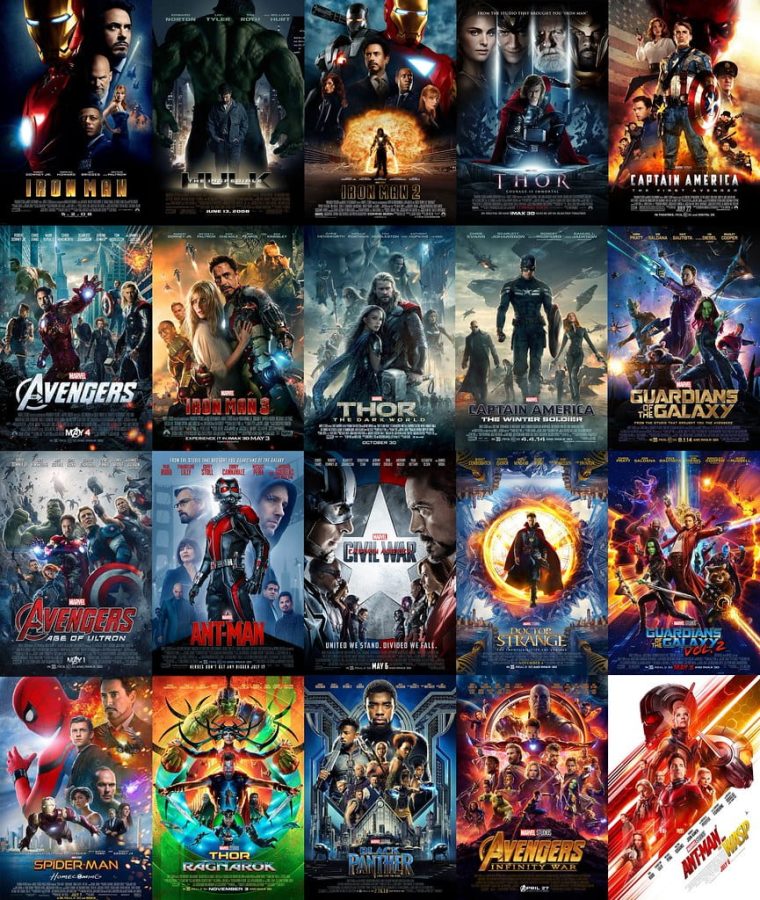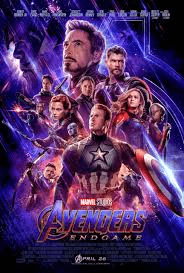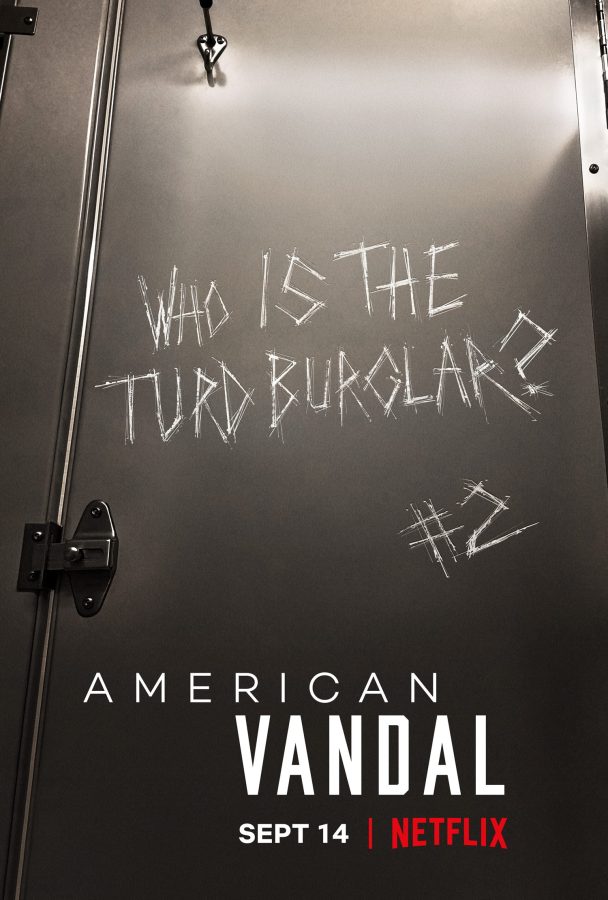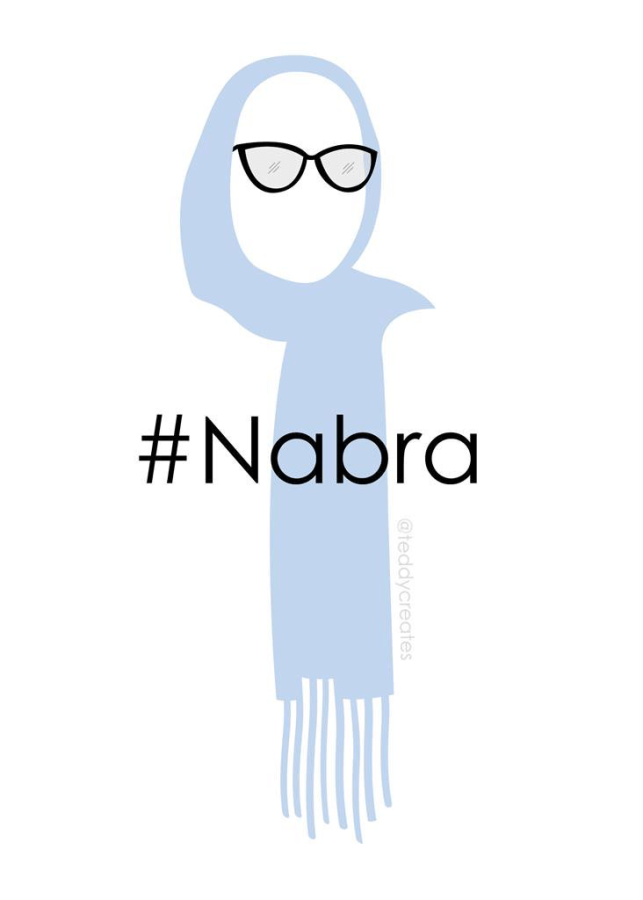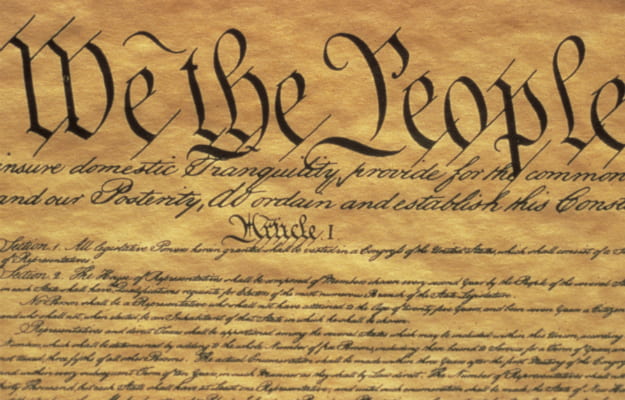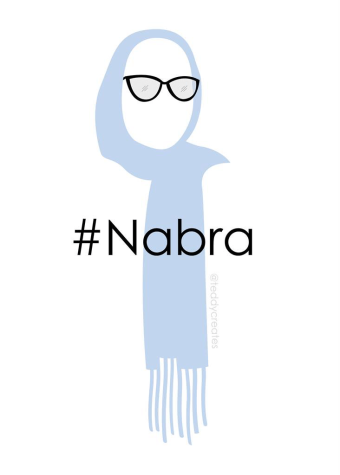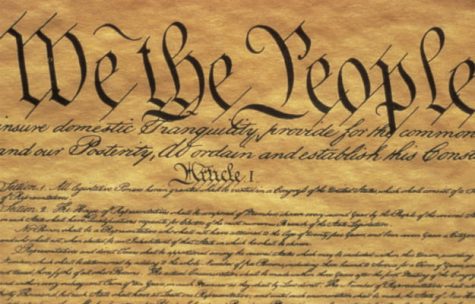Why We Need to Read Bad Books

Imagine, you just pre-ordered the latest book in a series you really like. You can barely contain your excitement, shaking in anticipation, just imagining what the author is going to bring to the table. How’re they going to continue the story? Are they going to answer some unresolved questions? You rush to your computer the day the book releases just to kill time before your copy comes in the mail. Your heart sinks as you see the reviews online are mostly negative. Some people would cancel their pre-order and start sharing said reviews with their friends and family. Of course, there’s nothing wrong with that, it is your hard-earned money after all, but you just adopted someone else’s opinion instead of creating your own.
Now, reviews have their place, they guide our financial decisions so we get the most bang for our buck. However, it seems nowadays we tend to look for movies, books, and video games that are the best of the best, and only those that are exceptional. There are some of these that are good, but not amazing, and so these movies, books, TV shows, and video games are lumped in together as something not worth your time. Without taking chances or risks with our media, we get less exposed to things we could potentially like.
The film, The Road to El Dorado, received mixed reviews upon its release, example being the Boston Globe who stated, “The Road to El Dorado is a bit too standard-issue to climb out from under its nouveau Disney house style look and supply much in the way of innovative glitter.” while the New York Times proclaimed, “Kline and Branagh, both good comedians, put a lot of zest into their roles, which makes this plundering mission more than just diverting.” The film completely bombed at the box office as a result. With that sort of reception, it is easy to dismiss it as another example of generic children’s animation. Despite that it’s considered a classic by the people who grew up with it, its strange status convinced me to check it out; I found that it was surprisingly enjoyable. Yes, it’s nothing like The Lion King, but I was glad to find another hand-drawn animated film that I could watch if I wanted a laugh. Of course that is not true for everyone, I just happened to like it while others may not agree with me.
For the record, I’m not trying to say that we should stop criticizing media. Criticism helps creators evolve past what they thought they were capable of and it helps them improve their craft. If we only watch super amazing films or read bestselling novels, we start to forget why we enjoy the things we enjoy. The more flawed something is, the easier it is to find the mistakes within it, which is why with books, movies, or games that are just good or ok, we tend to throw them into the bad pile simply because the flaws are clear compared to masterpieces that you’d consume daily. Our expectations get in the way of enjoying something we spent our hard-earned money on.
An example for this is the video game, Fallout 4, which sold well when it was released. The game since its release has been hit with constant complaints and criticism, which is fine. However, most people completely disregard the entire game and has labeled it a bad game and a waste of money, making some people avoid the title completely. When in reality, it is a decent game with its own strengths and weaknesses. With high expectations, we ignore what the game does well and focus solely on what the game does poorly. Some accuse those who rated the game a 9/10 like Gamespot and other news sources for being bought off by game’s publisher to rate the game as they did, even though there is no proof of such foul play. Although it has happened with other game franchises over the years such as Call of Duty.
I never appreciated some parts of my favorite books until I forced myself to finish a bad book I bought on purpose. This book was called, The Heir and the Spare, and if that title doesn’t make you want to vomit then I applaud you. I bought it with the intention of understanding what makes stories, work. As I mentioned before, it is easier to point out flaws than strengths, so by reading a flawed book, it made me realize what other stories did better. For example, while reading this book I noticed that the setting of Oxford university wasn’t really fleshed out or described well, something we take for granted in books like Hogwarts in Harry Potter or the Wall in Game of Thrones. Even books that I’m not too fond of did that better than The Heir and the Spare. I left the entire fiasco with a headache and frustration, but I gained a better understanding as to what I loved in storytelling and what to focus on while writing. Reviews online said the book was average, some enjoying it and some not. The NY Journal of books declared it as, “A delightful read for adults as well as…teens…. A classic with an upbeat, realistic feeling and a modern twist.” The average rating of it on Amazon is four out of five stars. I think it’s a horrid stain on literature, but do I really need to message or spam the fans of the book on why it sucks? No, I’d rather be a decent human being; it is just a silly opinion after all.
In the end, it narrows down to what you conclude about the media you consume. Critics and other people do not share the same opinions and tastes as you all the time. We’ve become so obsessed with review scores that we no longer take the time or chance to just try something. We now rely on the words of people we do not know to justify not giving something a chance, which if done properly is beneficial but if done obsessively it is harmful. Reviews are there to guide our judgement and wallets, they are not there to allow you to bash something you never had faith in the first place or are planning on observing yourself. Nor are they used to justify your obsessive love over something.
So, go out there, read that obscure book from the 80’s that has been sitting on your parent’s bookshelf for ages, see the latest movie in a franchise you love but should’ve died ages ago, play that game your friend gave to you a while ago but never played, go and discover what you like and dislike. Who knows? Maybe you’ll find a hidden classic.
